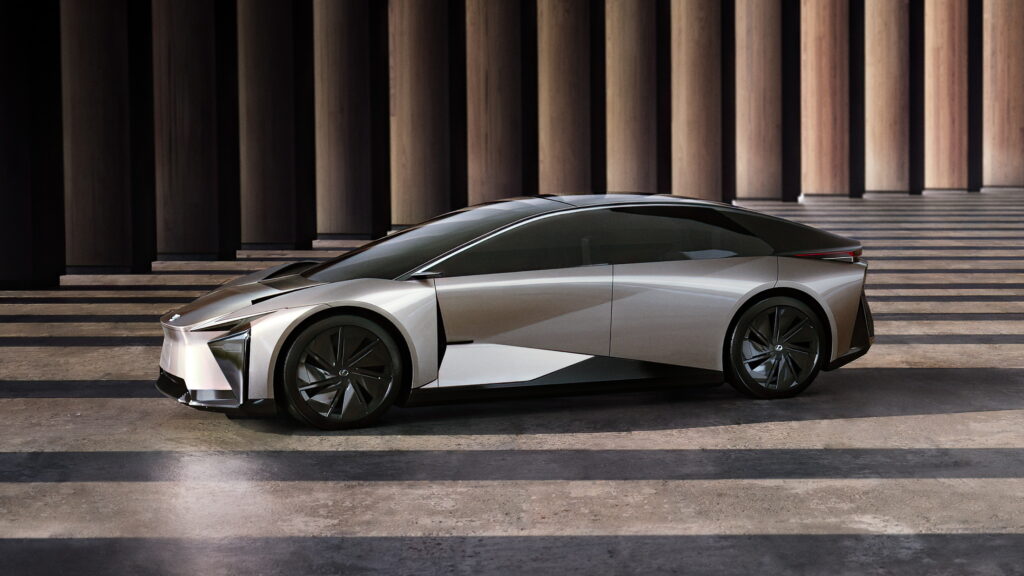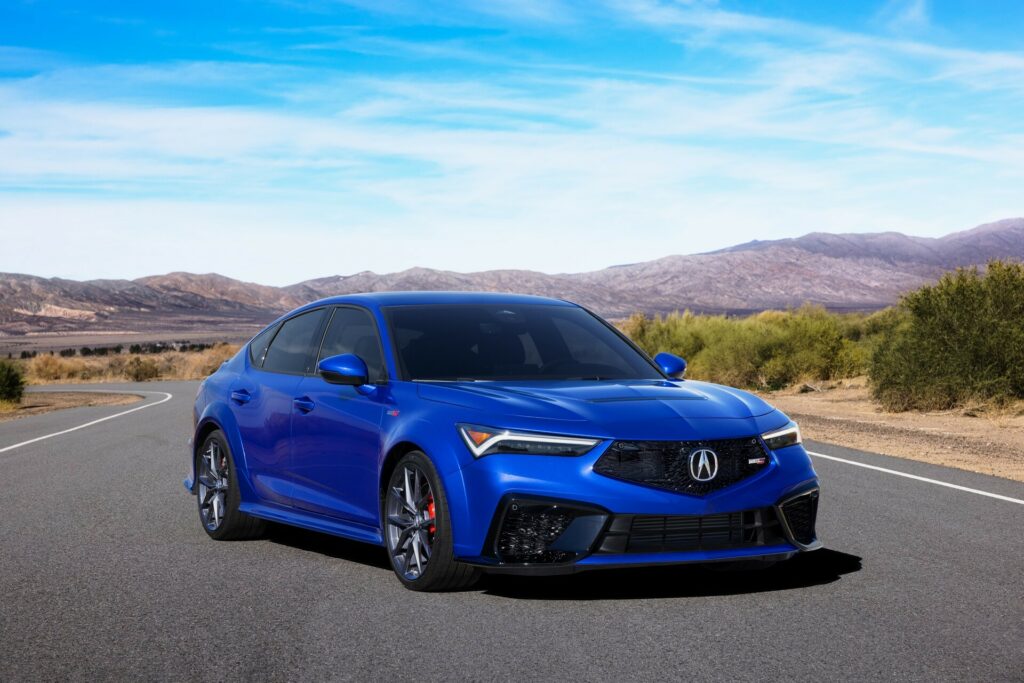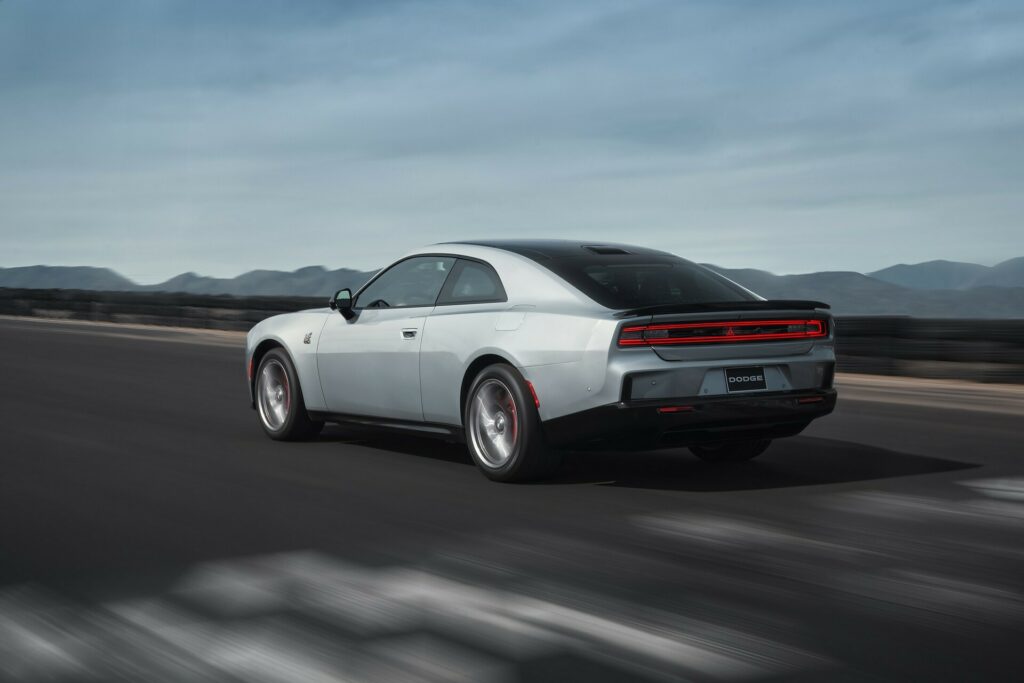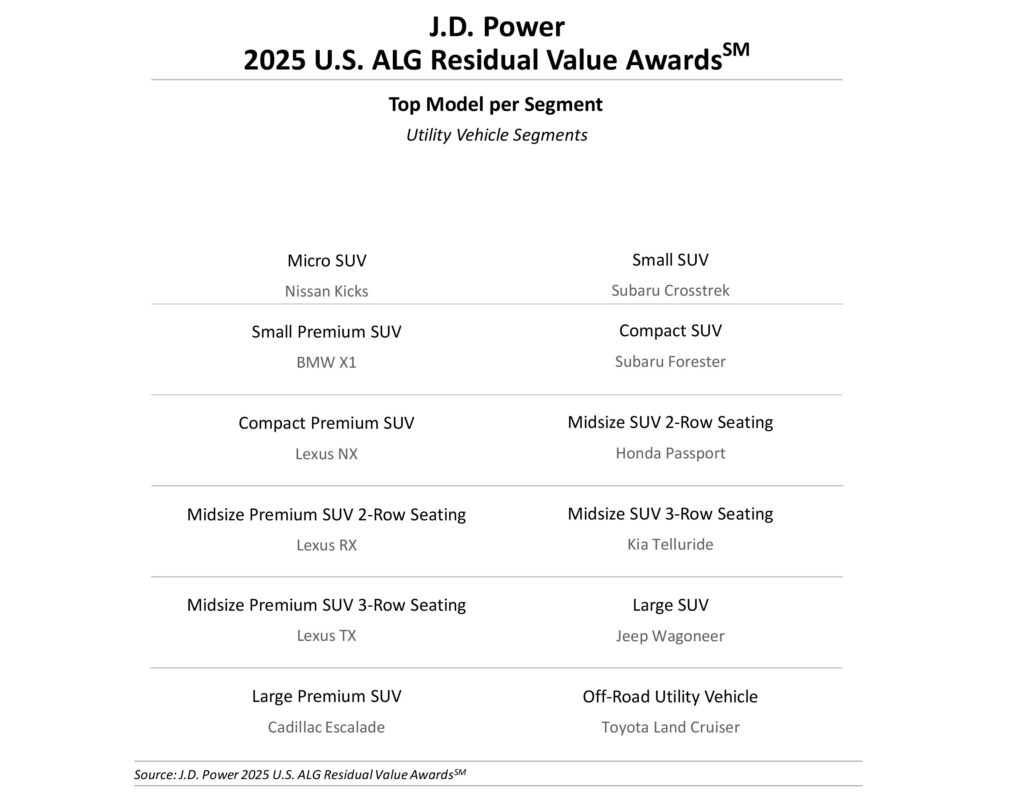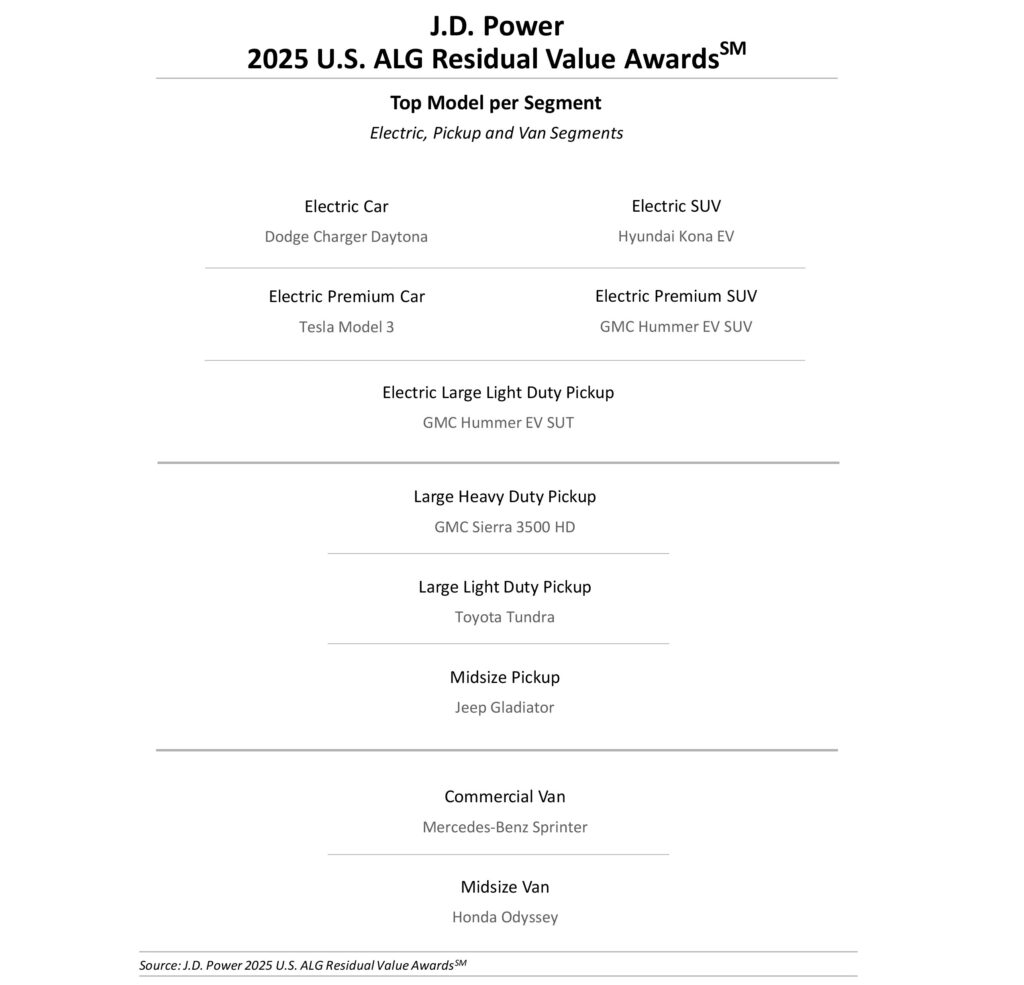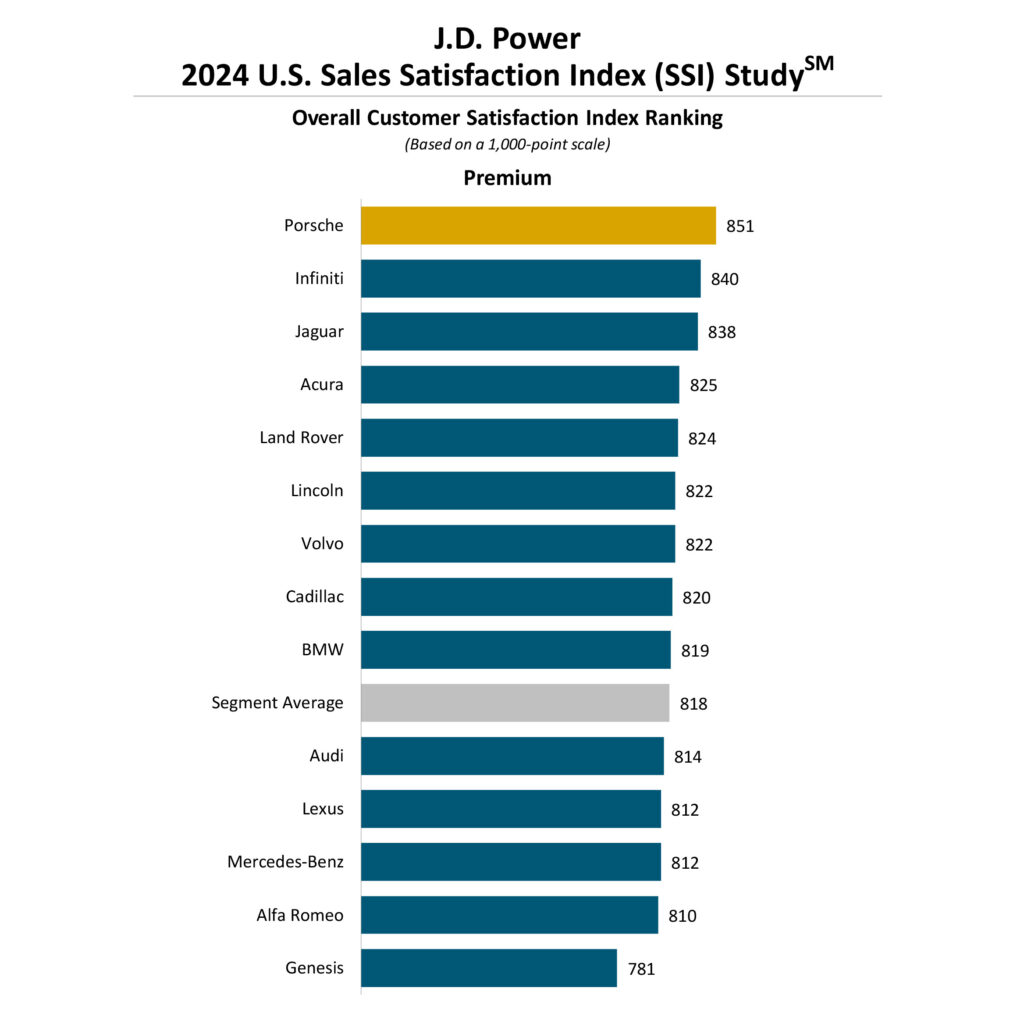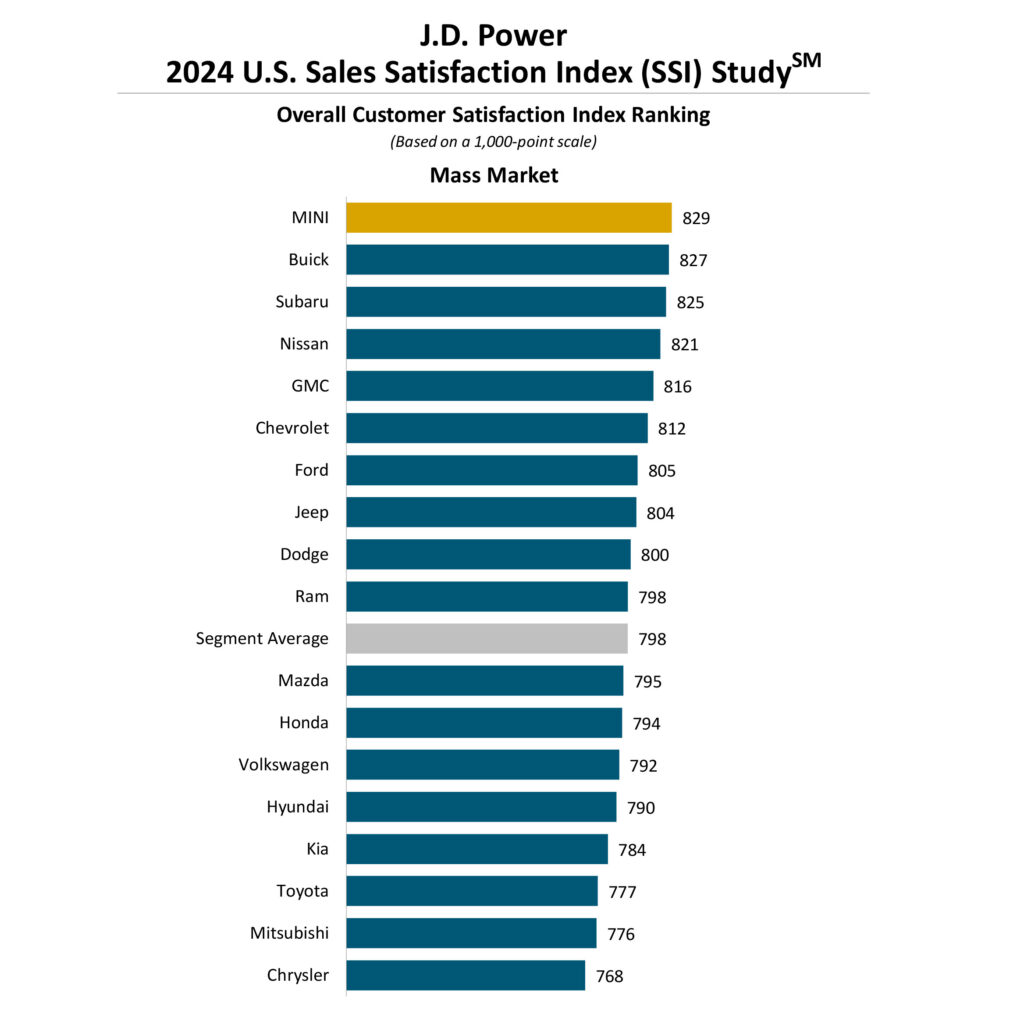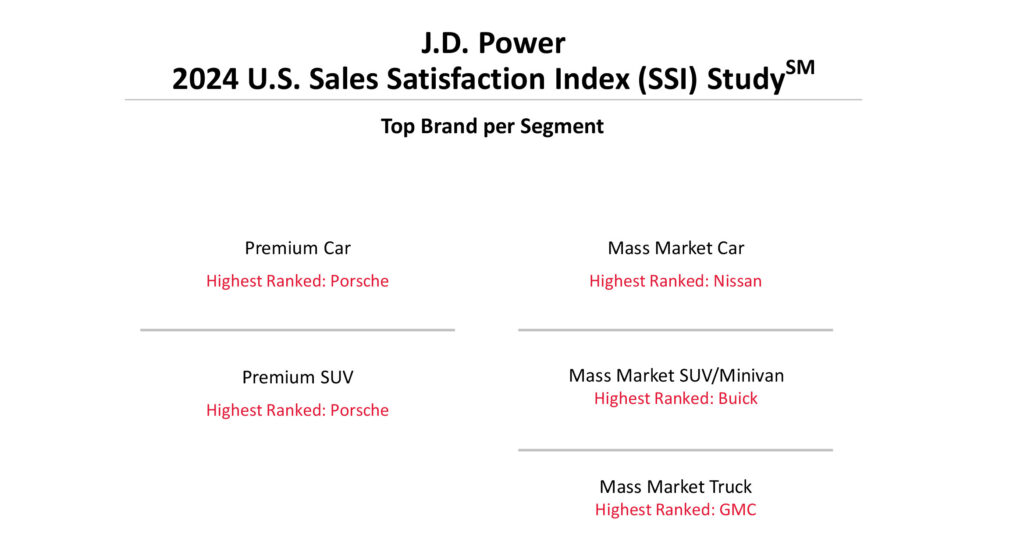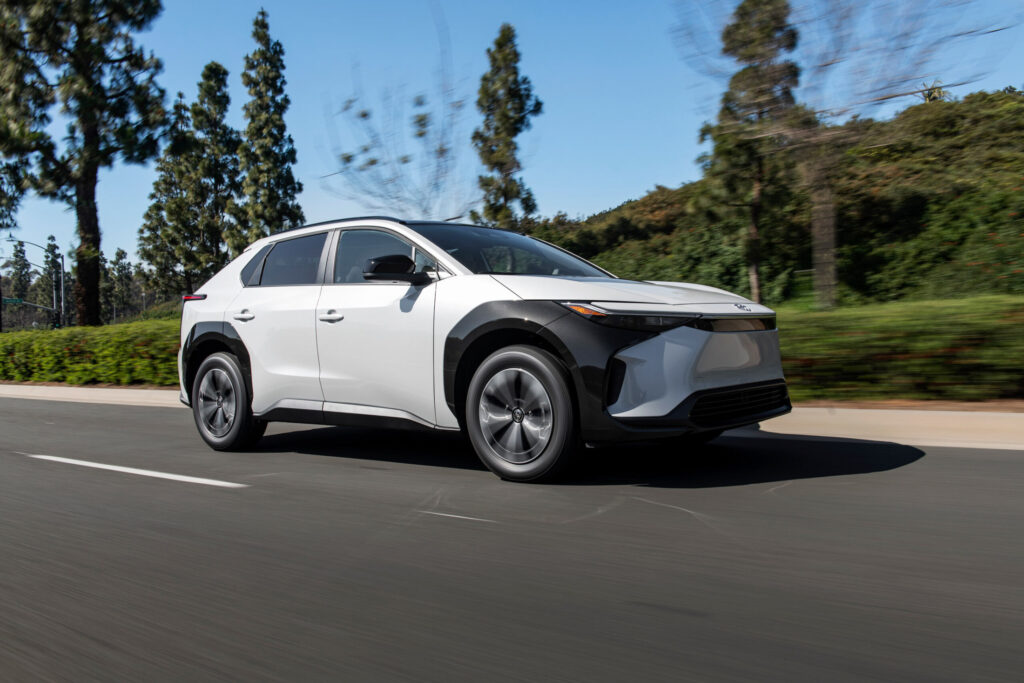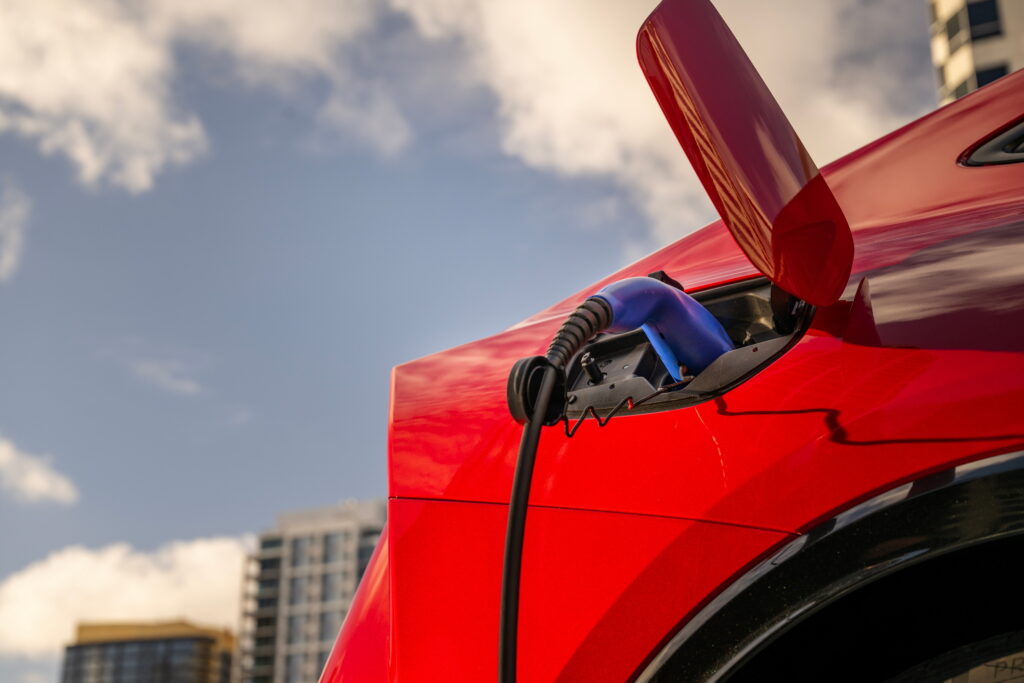Toyota Delays New Lexus EVs With 621-Mile Range Until 2027, Report Says
- The delay gives Toyota more time to refine its gigacasting production methods.
- Both Lexus EVs will feature advanced prismatic battery cells for improved performance.
- The EVs are expected to offer a driving range of approximately 621 miles (1,000 km).
Toyota has long been regarded as a bit of a slow mover in the electric vehicle race, but it’s proving that it’s anything but predictable. At the 2023 Japan Mobility Show, the company made a splash by unveiling two striking Lexus EVs, with promises of their arrival in 2026. Yet, just 14 months later, a new report indicates those plans are now on hold.
According to a report from Japan’s NHK, production of the Lexus LF-ZC and LF-ZL have now be postponed until mid-2027. Unlike many of its competitors, who are slowing EV rollouts due to demand concerns, Toyota’s delay appears to stem from a more strategic reason. The company is taking extra time to refine its manufacturing processes, particularly the implementation of gigacasting.
Read: Future Lexus EVs To Introduce Radical New Design Language
The Lexus LF-ZC and LF-ZL are important vehicles for the Toyota family and feature advanced designs and technologies that will trickle down to other models. Both are to be underpinned by a new EV architecture made from a gigacasted modular structure consisting of front, center, and rear portions. Toyota has said the special configuration means the front and rear of the EVs are structurally independent, allowing it to integrate new and improved batteries in the future.
Speaking of batteries, the new Lexus EVs are set to feature cutting-edge prismatic battery cells, which Toyota promises will deliver a range of up to 1,000 kilometers (621 miles). That’s impressive, especially considering that Toyota isn’t typically one to make exaggerated claims.
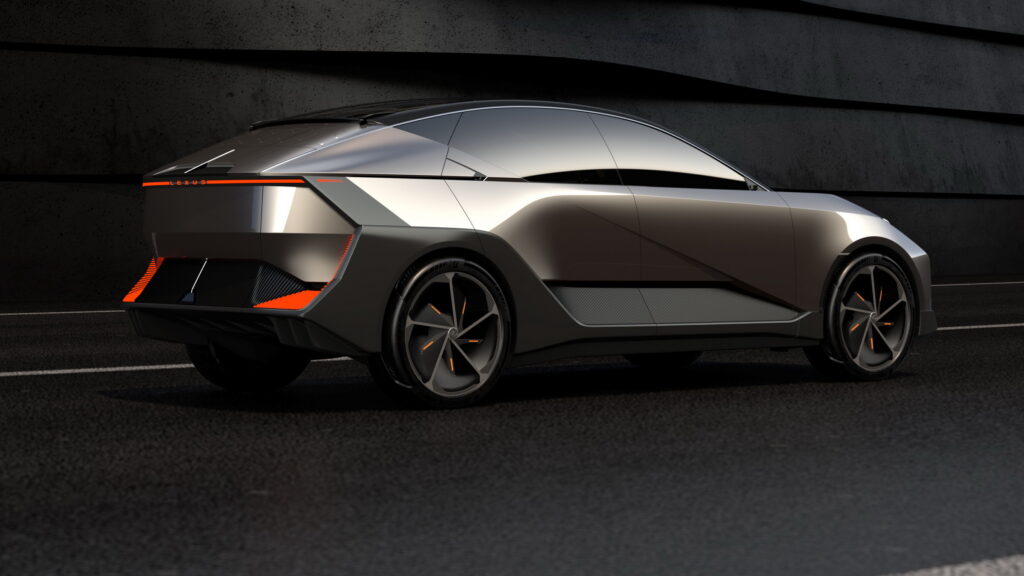
Last year, it was also revealed that the new Lexus EVs will be produced at an advanced assembly plant. According to the company, vehicles will be able to drive themselves autonomously with just the battery, motor, tries, and wireless terminal components, allowing it to ditch traditional conveyor belts on the production line.
The LF-ZC and LF-ZL aren’t the only victims of Toyota’s evolving EV timeline. In October, the company revealed that its three-row electric SUV—set to be produced at the Kentucky plant—would also be delayed. Originally planned for a 2025 launch, the SUV’s debut has been pushed back to mid-2026, adding to Toyota’s growing list of postponed EVs.
